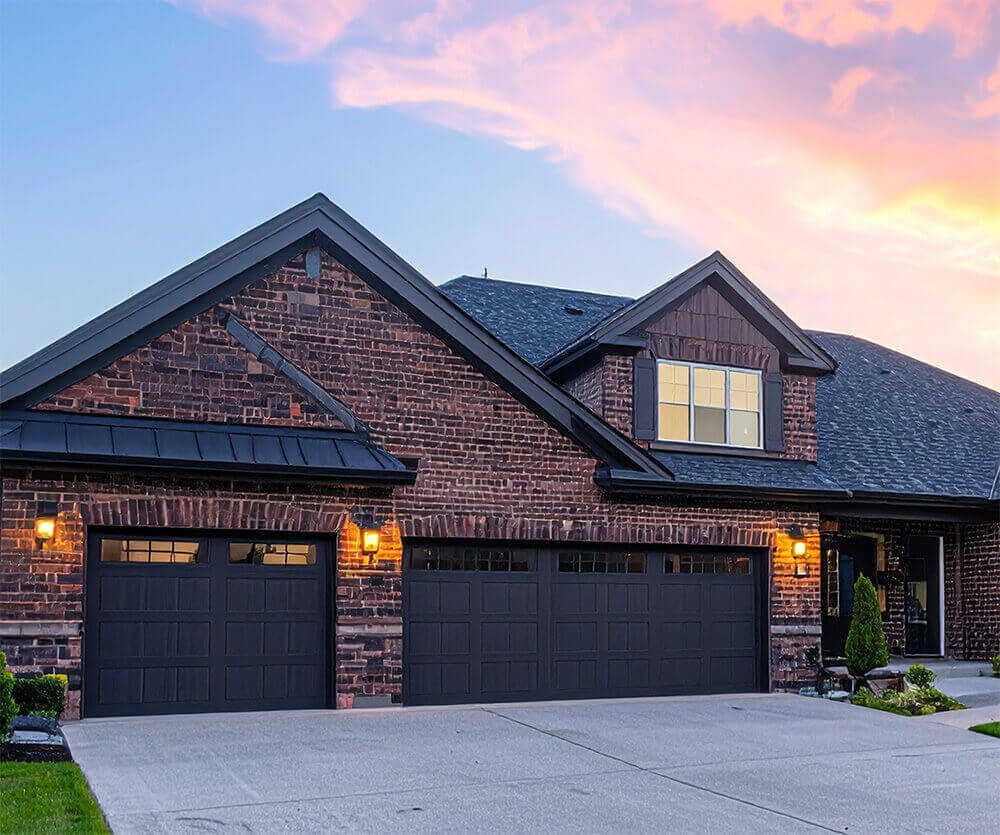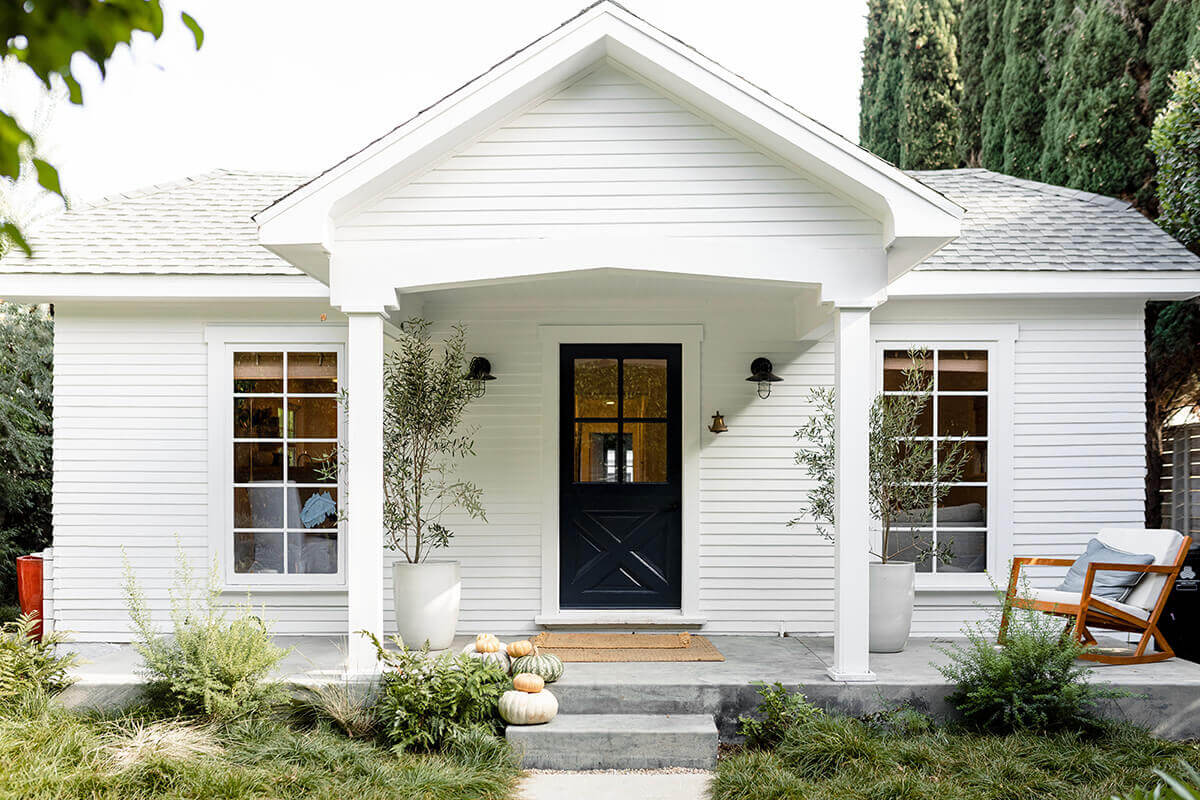Closing costs defined
Closing costs are fees that are paid at closing in addition to the down payment amount. While closing costs are typically thought of as a buyer’s expense, sellers also incur them. However, the buyer’s closing costs are often covered out of pocket or financed whereas the seller’s closing costs are deducted from the proceeds of the deal.
Several factors impact total closing costs, including the type of loan you are obtaining and what state you live in. For instance, FHA loans and conventional loans involve a few slightly different closing costs.
What is included in closing costs?
Closing costs are not a single expense; they are the cumulative total of multiple expenses.
-
Many lenders will require you to make a deposit toward the property taxes for the home. Buyers may need to provide up to a year’s worth of taxes, but mortgage lenders have different requirements. When a buyer is purchasing their house is also a factor in how much property tax is due based on the property tax schedule.
Property tax deposits will be wired to an escrow account at the time of closing. The lender will maintain the escrow account. Part of your mortgage payment will include funds for this account. Each year, your lender will draw from the account to pay your annual property taxes.
-
Mortgage applications are complex sets of documents. Naturally, processing these documents, verifying income, and taking other steps to determine loan eligibility is a labor-intensive exercise. That is why lenders charge an application fee to process your request for a mortgage.
When speaking to prospective lenders, ask what their application fee is. While this can be a relatively minor expense, rates vary from lender to lender. Some lenders could even waive your application fee if you meet certain requirements.
-
Title companies will review public records for the property you are buying to ensure that there are no liens or ownership disputes. The title company charges for this service. This expense is referred to as a “title search fee” on your itemized list of closing costs.
-
Loan origination fees cover a financial institution’s costs of processing a mortgage. Traditionally, origination fees are 1% of the total loan amount. For example, if your loan amount is $450,000, then your origination fee will likely be $4,500.
Keep in mind that this fee can vary from lender to lender. Some lenders will waive this fee but charge you a higher interest rate.
-
Funds for your property taxes are not the only monies that are held in escrow. Your lender will also require you to deposit funds at the time of closing to cover private mortgage insurance (PMI) your homeowners insurance.
Private mortgage insurance is required if your loan amount exceeds 80% of the home’s appraised value. If you have a conventional loan, you will no longer need PMI after your mortgage balance drops below the 80% threshold. All mortgages require you to have a homeowners insurance policy.
A portion of your monthly mortgage payment will be deposited into the escrow account to cover homeowners insurance, PMI, and property taxes. All three of these fees are paid annually.
-
Lenders want to ensure that they can recoup their losses in the event that you default on a loan. That is why they require an appraisal before finalizing a real estate deal. A third-party appraiser will determine an approximate value for the home based on local comparable properties and other data.
Typically, buyers can cover appraisal fees out of pocket. However, there are instances where buyers pay these fees as part of their closing costs.
-
Like the appraisal, the home inspection is usually paid for by the buyer before closing. In most real estate deals, buyers request an inspection period as a contingency for purchasing the home. If the inspection uncovers concerns about the home, the buyer can back out of the deal without repercussions.
Although you will likely pay for the home inspection before closing, it is important that you are aware of this additional expense. Generally, you should budget $400–$800 for a home inspection.
-
Certain states and some types of mortgages require a pest inspection as part of real estate deals. The inspector will look for evidence of wood-destroying organisms (WDOs) like termites. They will check for signs of wood rot and other damage. Pest inspection fees can be covered upfront or as part of closing costs.
-
The real estate agent fee is one of the costs covered by sellers during a transaction. The seller will pay a commission for both the buyer’s agent and their own agent if they are using one.
Each real estate agent’s commission fee ranges from 2.5% to 3% of the home’s total purchase price. Therefore, sellers can expect to pay 5% to 6% of their home’s purchase price toward real estate commission. The fee is always divided evenly between both agents.
Who pays closing costs?
Both parties in a real estate transaction pay closing costs. Sellers usually pay more total closing costs, but these expenses are deduced from their profits from the transaction.
A seller’s closing costs usually range from 8% to 10% of their home’s purchase price. These figures include 5% to 6% real estate agent commission fees as well as taxes and other miscellaneous fees. A seller’s closing costs may be higher if they agree to cover a portion of the buyer’s out-of-pocket expenses.
Buyers will pay 2% to 5% of the total purchase price toward closing costs. Most of these costs cover the lender and title company fees.
How to reduce closing fees
As you can see, closing costs can be quite high. Fortunately, as a buyer, there are several ways that you can reduce your out-of-pocket expenses.
-
Obtain mortgage lender comparisons
Once a lender runs your credit to determine mortgage eligibility, you have a 14-day window to compare other offers. All credit inquiries conducted during that time will not negatively impact your credit score.
You should use this grace period to compare mortgage lenders and find the company that offers the most affordable closing costs.
-
Request seller concessions
One of the best ways to reduce closing costs is to negotiate “seller concessions” as part of your real estate deal.
For example, suppose that you want to purchase a house listed at $400,000. Your real estate agent advises you that $390,000 is a fair purchase price for the home. Instead of bidding $10,000 below asking, you could submit a bid for $400,000, but ask the seller to contribute $10,000 toward closing costs.
Keep in mind that there are limits to how much sellers can contribute. The exact limits vary depending on the type of mortgage.
-
Explore down payment assistance programs
Down payment assistance programs provide prospective buyers with loans or grants. These funds can be potentially used to meet down payment obligations or to cover closing costs. Generally, only first-time homebuyers can access these programs, but there are a few rare exceptions.
If you are a first-time homebuyer, research down payment assistance programs in your state. Carefully review eligibility requirements. If you meet the criteria, these programs are a great way of funding the purchase of your first home.
Final thoughts
As you begin your journey of buying a home, use this information to help you successfully navigate the process. Make sure to compare multiple lenders before committing to a single institution, but more importantly, find a great agent who can guide you and negotiate with the seller on your final closing costs.





